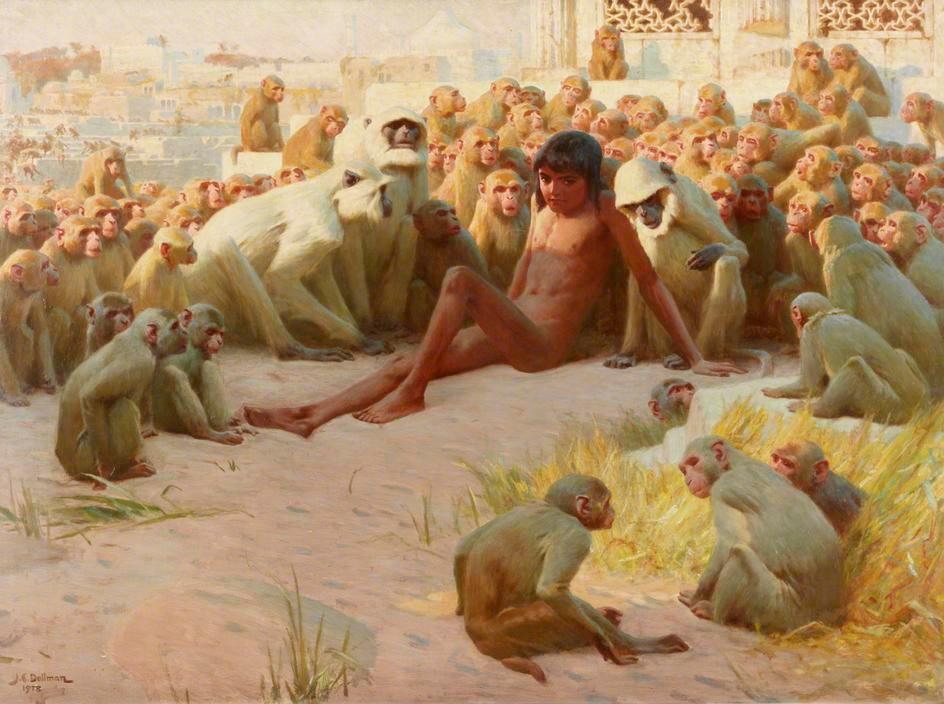The school should always have as its aim that the young man leave it as a harmonious personality, not as a specialist. This in my opinion is true in a certain sense even for technical schools … The development of general ability for independent thinking and judgment should always be placed foremost, not the acquisition of special knowledge.—Albert Einstein
There are at least two senses of the word “end”—the one being fulfillment of an aim, the other, the death or failure of something. A large part of the crisis in education today is that the aim, the fulfillment, or end of education is so mistaken in schools and the world at large that it effectively takes on its other meaning: an end, or a failure, of education.





